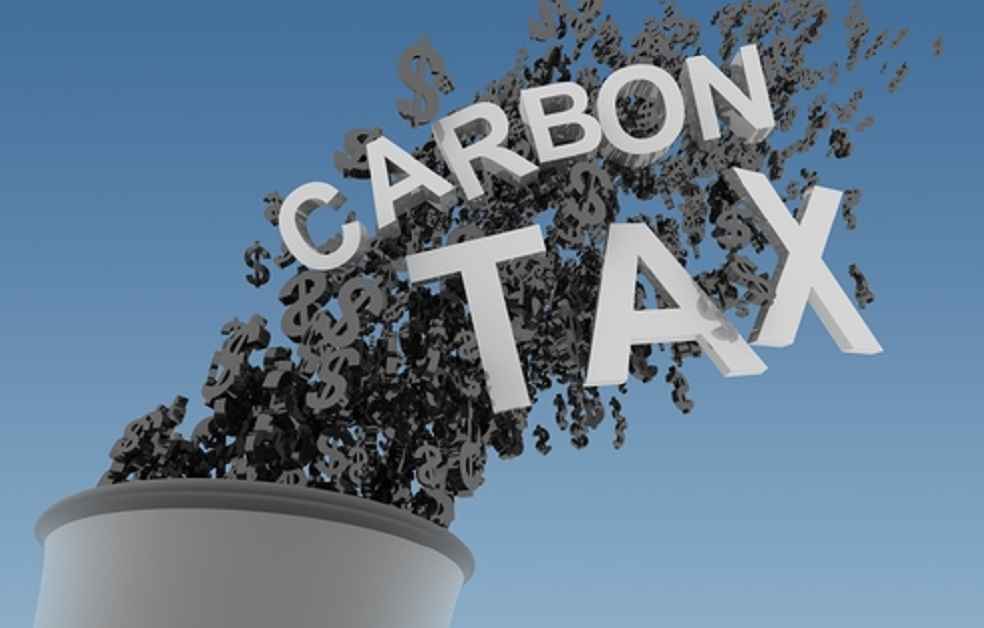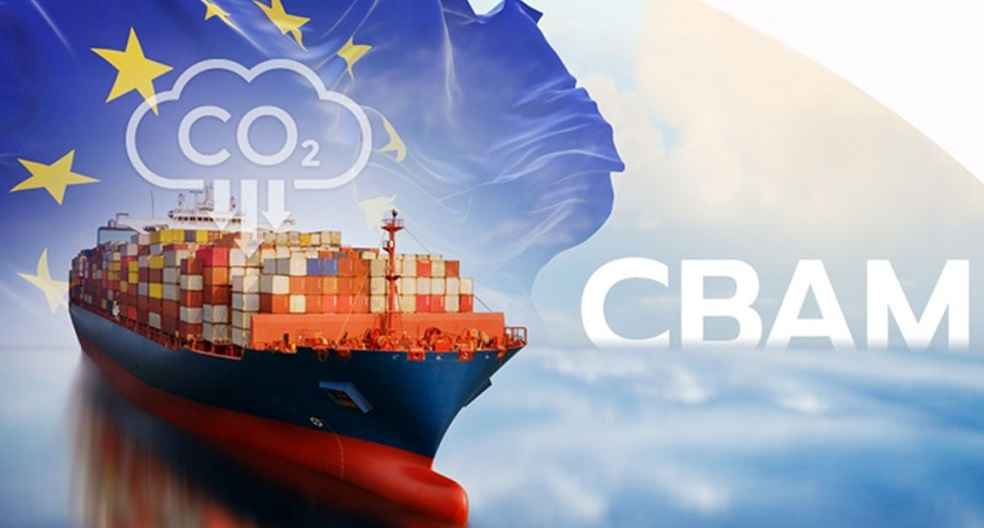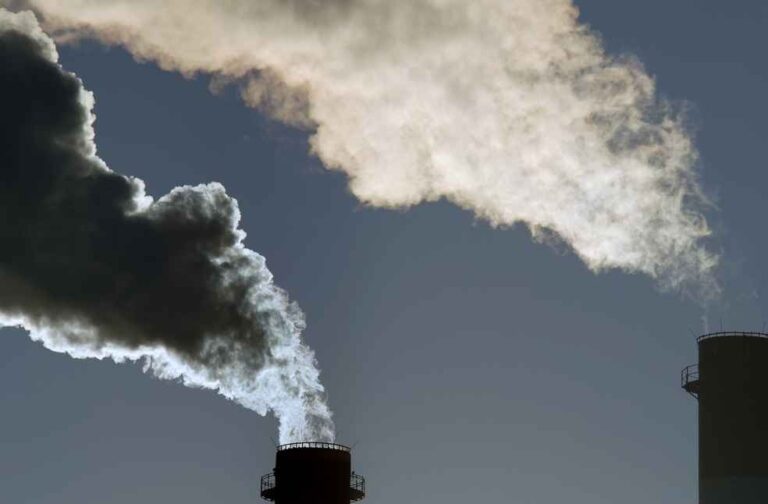The world stands at a pivotal juncture in environmental policy implementation, highlighted by the European Union’s groundbreaking Carbon Border Adjustment Mechanism (CBAM). This development holds profound implications for global trade, particularly resonating with Taiwan, a crucial cog in the international supply chain network, now venturing into international carbon trading.
Deloitte’s analysis sheds light on CBAM’s expected transformative impact. Taiwan, while prepping for a carbon fee system rollout in early 2024, is playing catch-up compared to global benchmarks in carbon pricing adoption. This proactive step, albeit delayed, marks Taiwan’s entry into a more ecologically responsible era.
Singapore leads the Asian sector in carbon taxation, having introduced a carbon tax in 2019. This move, scaling up in the coming years, sets a standard for other Asian nations exploring similar paths. Yet, there remains a stark contrast between Asian policies and the EU’s more aggressive stance.

This uneven landscape prompts businesses to rethink their operational strategies. Some consider relocating to regions with softer carbon tax policies, despite the global consensus under the Paris Agreement suggesting such shifts will be short-lived.
With major economies like the United States and the United Kingdom planning to adopt CBAM-inspired measures, a fundamental alteration in corporate carbon cost calculus looms. Businesses might soon face a bifurcated pricing strategy, hinging on clients’ carbon cost transparency, reshaping procurement tactics, and the global supply chain blueprint. Suppliers might lean towards a proximity-based production model to mitigate costs.

Taiwanese manufacturers, facing these shifts, could encounter profit challenges if unprepared for the surging carbon costs. Deloitte’s cautionary advice highlights the trial period of CBAM’s non-tax liability as a crucial phase for accurate emission declarations, crucial for future EU audits, particularly in high-carbon sectors.
The rise of CBAM and similar initiatives signals a tectonic shift in global trade, compelling a reevaluation of supply chain strategies. Companies must align with evolving global standards, preparing for a future where environmental considerations are paramount in trade. This era ushers in a new consciousness of global trade dynamics, emphasizing ecological responsibility alongside economic considerations.
DON’T MISS IT | Saudi Arabia, UAE Join BRICS, Expanding Bloc’s Reach in MENA



